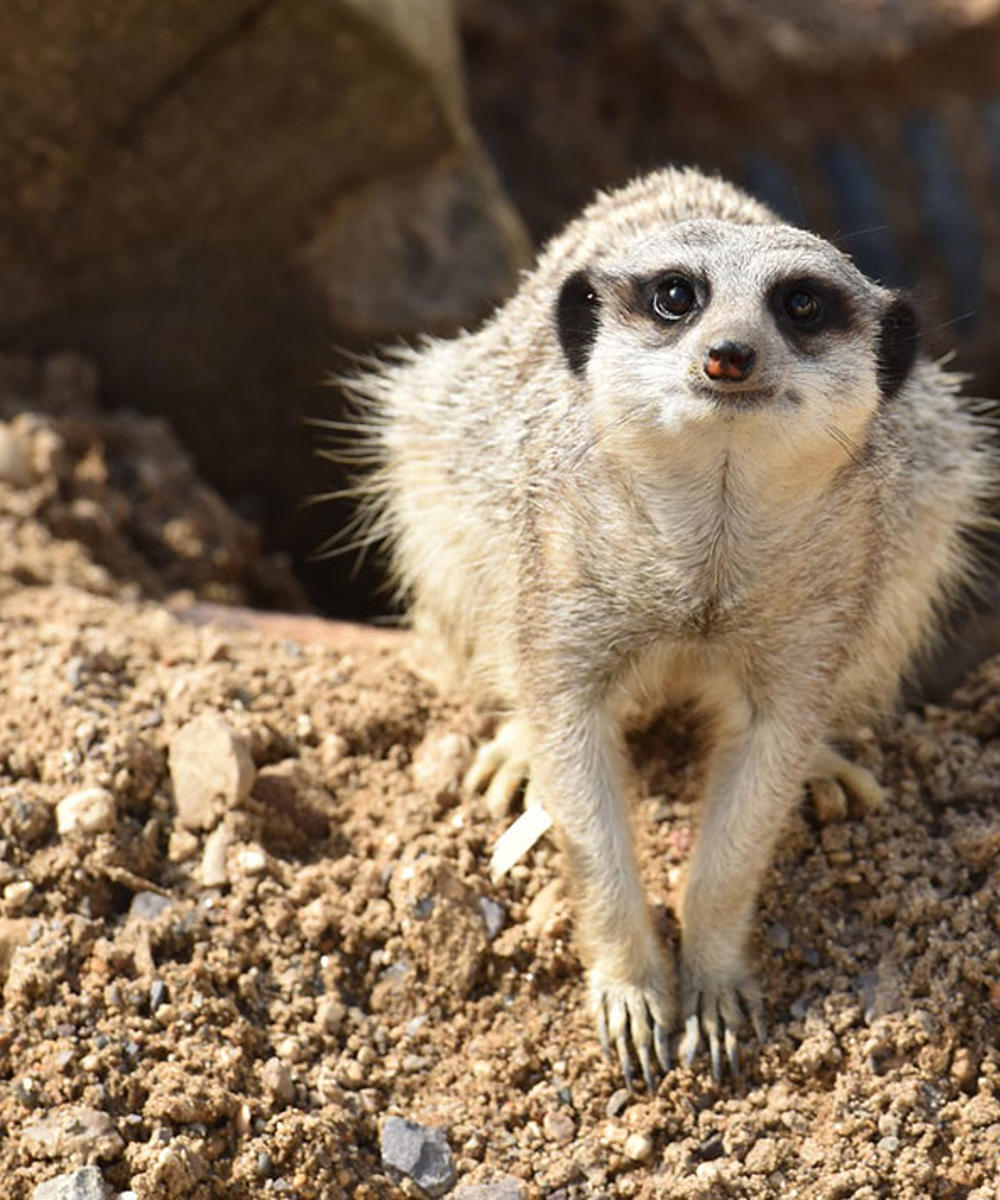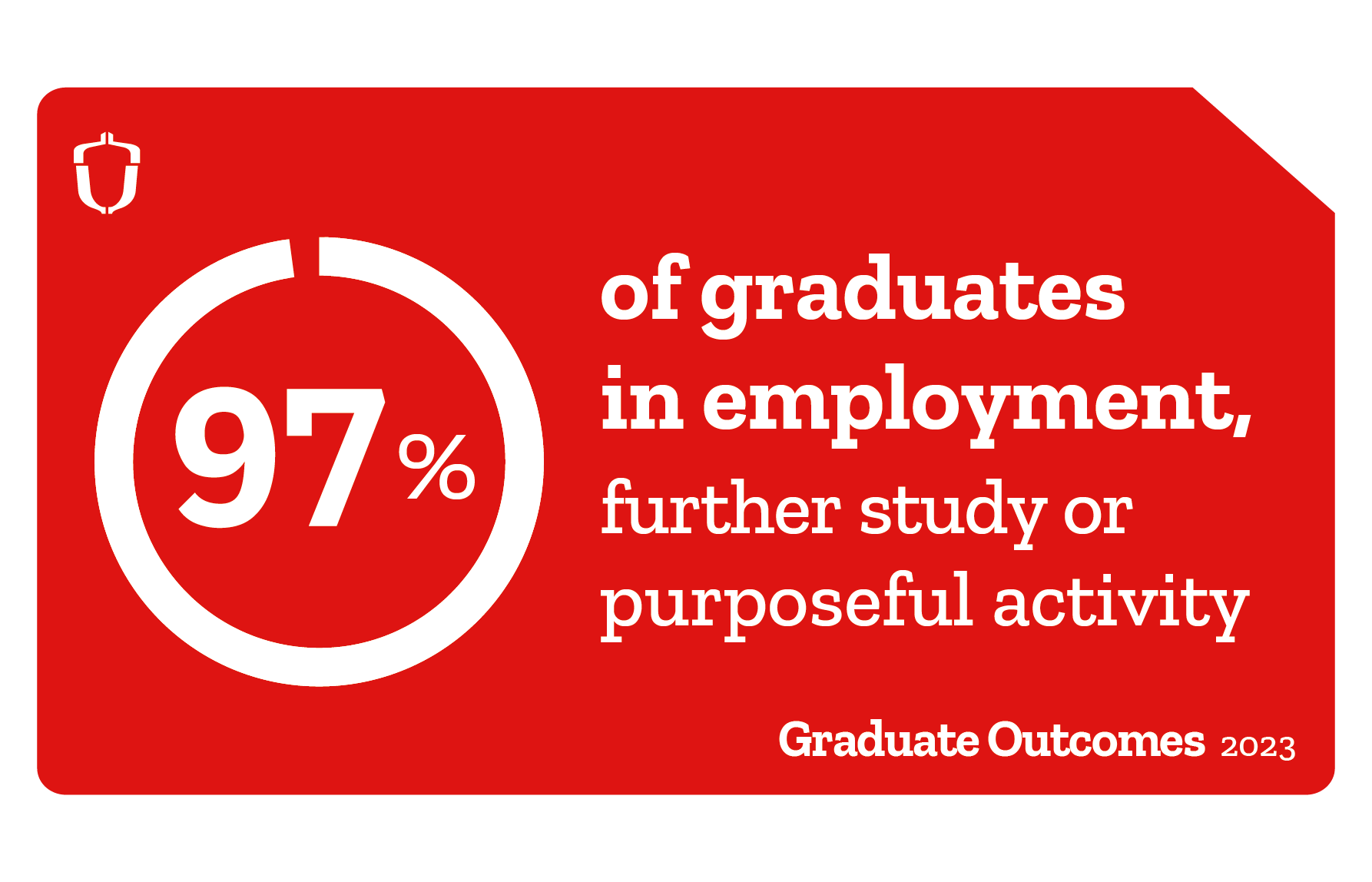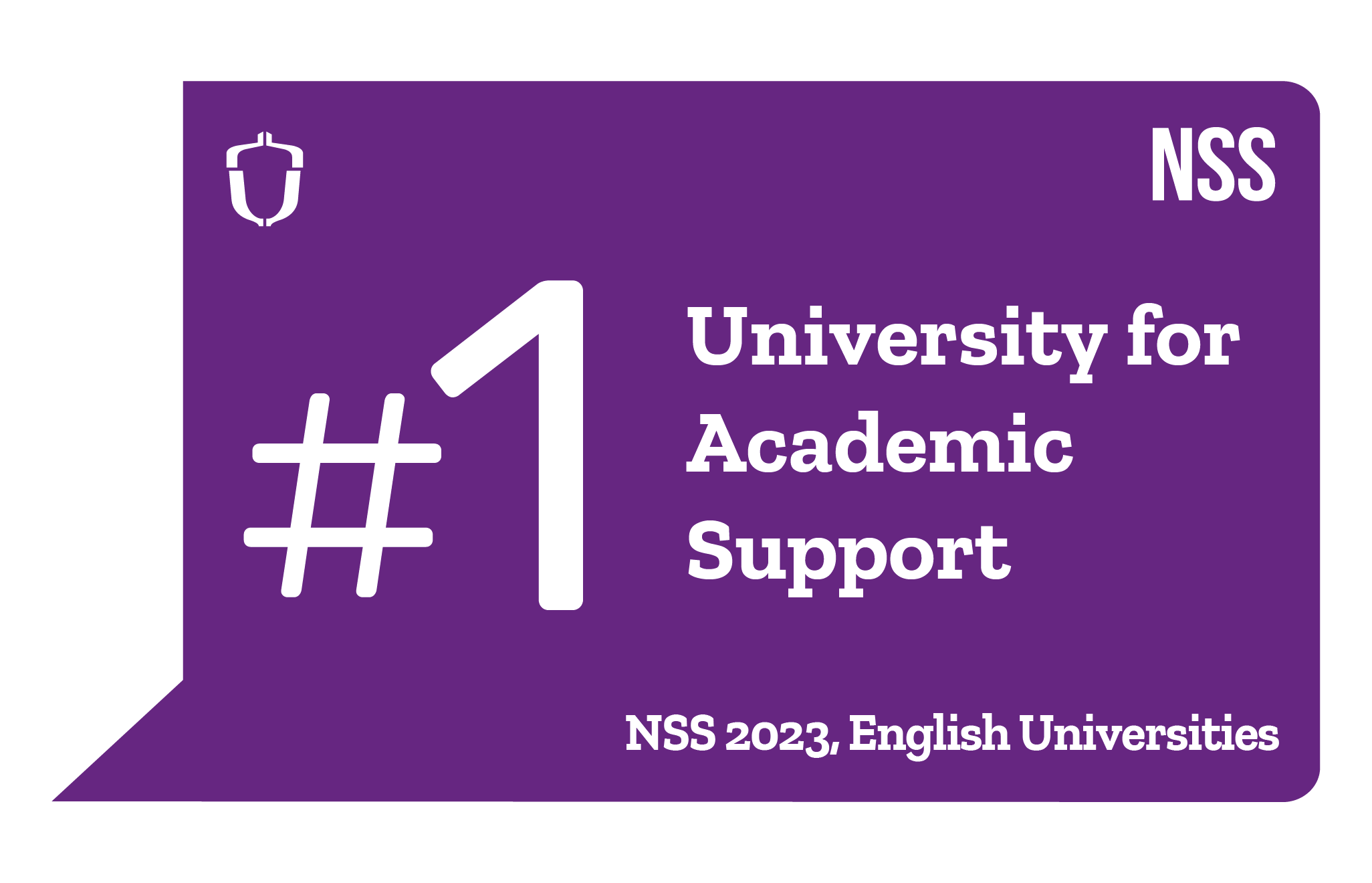You’ll be exposed to the latest research in the field of animal behaviour and welfare, and develop industry-standard practical skills to assess welfare, measure behaviour, train animals and manage domestic, exotic and wild species.
Choose from a range of optional modules, including animal trade and welfare, wildlife and zoo management, anthrozoology, animal psychology, biodiversity, conservation and pet behaviour counselling.
Benefit from a 360-hectare campus that’s home to a diverse range of animals. Our 70-species animal collection provides opportunities to assess the behaviour and welfare of domestic and non-domestic animals in different contexts.
As part of your top-up year, you’ll undertake an applied research project. Delve deeper into an area you’re passionate about and contribute to research that’s making a difference to the lives of animals.
A pass at Foundation Degree or HND in animal science or management related subject.
We may interview mature applicants and those with non-traditional qualifications to ensure this is the right course for you.
We welcome students with equivalent qualifications. Please contact us to discuss.
Previous learning towards a university-level qualification or relevant work experience may count as credit for this course.
Please contact us for further information.
Email us
Your support network
You'll benefit from a strong support network from day one to be the best you can be. This will range from your personal tutor and specialist academic support team (our Achievement and Success Centre) to dedicated wellbeing and employability (Innovation, Careers and Enterprise) centres.
Academic support
You’ll have your own personal tutor while you’re here who will support you to succeed in your studies. You’ll also have access to our academic and wellbeing support teams who run regular workshops and one-to-one sessions on campus and online.
Alongside this, we have a comprehensive bank of online study skills resources to help you make the most of your qualification.
Your learning experiences
You'll experience a range of teaching methods to strengthen your digestion of topics, including lectures, workshops and practical sessions, as well as supported work placement learning as part of many courses.
Your career
Your course will be made up of two semesters, within which you’ll study compulsory and optional modules on different industry-focused topics, enabling you to develop your own unique portfolio of knowledge, skills and experience, ready for your career. The course is taught in English.















